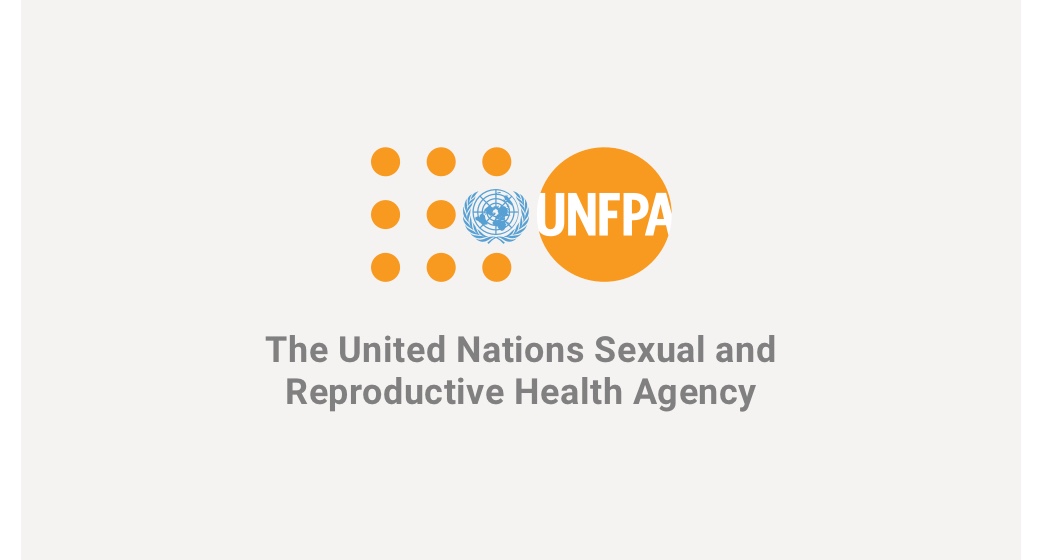By Zayamu Hassan
The United Nation Population Fund (UNFPA) 2022 State of the World Population (SWOP) Report, has revealed that reducing unintended pregnancies is key to achieving Sustainable Development Goals (SDGs).
The Deputy Representative of the United Nation Population Fund (UNFPA) in Nigeria, Erika Goldson, disclosed this while presenting the SWOP report in Abuja, yesterday.
The SWOP Report is UNFPA’s annual flagship publication. It has been published every year since 1978, to shed light on the emerging population and development issues, including sexual and reproductive health and rights issues.
The aim of the report is to bring the issues into the mainstream of global attention, exploring the challenges and opportunities they present for international development in the effort not to leave anyone behind.
The 2022 Edition of the State of the World Population was christened “Seeing the Unseen: the case of action in the neglected crisis of unintended pregnancy,” which focused on the impact of unintended pregnancy on societies, countries, and global development overall.
Goldson noted that: “We must reduce unintended pregnancy because it increases women’s health, agency and ability to fulfil their potential, improving outcomes for families and societies at large.”
She further revealed that more than 60 per cent of unintended pregnancies end in abortion.
“Many unintended pregnancies happen despite a woman’s best efforts. Some become pregnant as a result of violence or coercion, a vulnerability heightened in crises, whether caused by man-made conflicts or natural disasters.
“For others, pregnancy is a default rather than a deliberate choice. Some women simply choose not to choose,” Goldson said.
According to her, unintended pregnancies can be prevented if women are empowered to make affirmative decisions about sexuality and motherhood.
For this to happen, she insisted, “we must guarantee access to the broadest range of contraceptives and quality sexual and reproductive health care; educate young people about sexuality and reproduction; reduce gender inequality; increase access to education and employment opportunities for women and girls to encourage them to postpone pregnancy and invest in contraceptive research to reduce side effects, increase acceptability and create more male-controlled options.”
The UNFPA Deputy Representative further revealed that, globally, nearly half of all pregnancies are unintended, a startling 121 million each year throughout the world.
She disclosed that Nigeria records about 2.5 million cases of unintended pregnancy annually and that in Nigeria, 19 per cent of married women and 48 per cent of unmarried women seek to postpone or delay childbearing.
One in two pregnancies, she said, take place in the bodies of people who did not affirmatively choose pregnancy or motherhood, who were not open to the prospect of having a child at that time, with that partner, in those circumstances.


